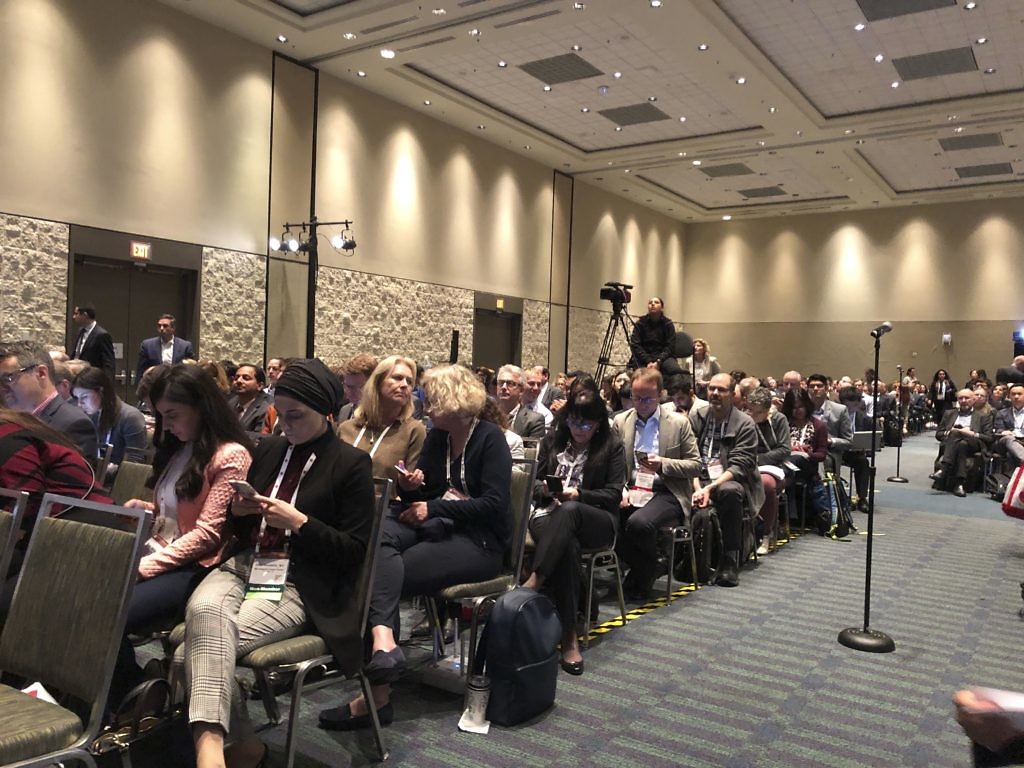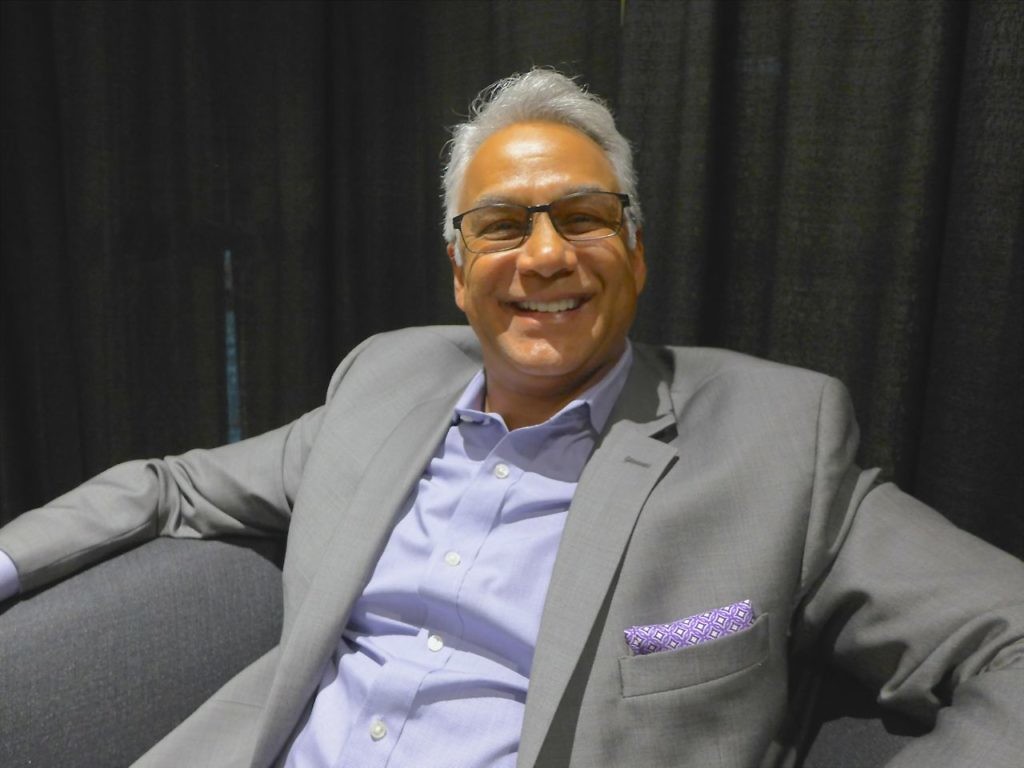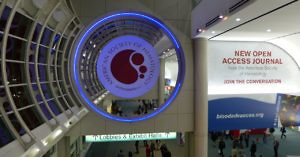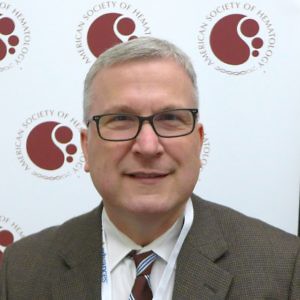Innovator’s Dilemma – Promise and Potential of Bispecific Combination Strategies
Imagine a scenario… a symphony of therapeutic agents working in harmony, each contributing its part to achieve remission in even the most refractory hematologic malignancies. Yet, as with any great orchestra, a poorly tuned instrument – or in this case, a poorly considered combination – can disrupt the entire performance.
 Bispecific T cell engagers have emerged as new virtuosos in cancer therapy especially in refractory settings involving hematologic malignancies such as lymphomas and myeloma, although their integration into combination regimens may be as challenging as it is promising.
Bispecific T cell engagers have emerged as new virtuosos in cancer therapy especially in refractory settings involving hematologic malignancies such as lymphomas and myeloma, although their integration into combination regimens may be as challenging as it is promising.
Don’t be caught napping though!
In our latest ASH analysis, we’ll explore how some of these combinations perform, where they falter, and whether they can truly expand the therapeutic repertoire or simply shrink the index of possibilities.
In this review we will explore half a dozen different bispecifics when given in combination with an additional therapy to determine if:
- They add anything to hematologic malignancies over what we would expect for monotherapy
- Whether or not they shrink the therapeutic index
- Whether anything else of note stood out (positive or negative)
If they fail on the first and negatively impact the second then they are highly unlikely to be a candidate for further clinical development!
To continue reading our latest highlights on oncology new product development including commentary and analysis BSB subscribers can log-in or you can click to access the content.
This content is restricted to subscribers



 In yesterday’s wide ranging interview we explored in-depth how these therapies are impacting the broader landscape, as well as emerging trends in how these regimens might be used.
In yesterday’s wide ranging interview we explored in-depth how these therapies are impacting the broader landscape, as well as emerging trends in how these regimens might be used.

 With over 27,000 attendees – it’s the largest ASH annual meeting I’ve seen in 20 years of coming here! ASH is definitely the pre-eminent global meeting for hematology and blood cancers.
With over 27,000 attendees – it’s the largest ASH annual meeting I’ve seen in 20 years of coming here! ASH is definitely the pre-eminent global meeting for hematology and blood cancers. In this initial post, I’m sharing my first impressions of what may be some hotly contested trials at ASH16 in San Diego, as well as a few intriguing abstracts with combination data that caught my attention.
In this initial post, I’m sharing my first impressions of what may be some hotly contested trials at ASH16 in San Diego, as well as a few intriguing abstracts with combination data that caught my attention.